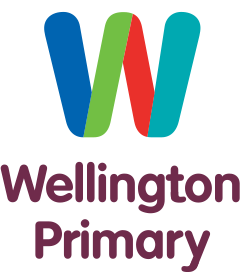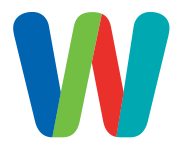Numeracy curriculum overviews
EYFS (Early Years Foundation Stage)
Age Range: 3-5 years (Nursery and Reception)
Focus Areas:
1. Number:
- Recognising and counting numbers.
- Understanding and using numbers up to 20.
- Simple addition and subtraction with objects.
- Developing a basic understanding of more and less.
2. Shape, Space, and Measures:
- Recognising and naming basic shapes (circle, square, triangle, etc.).
- Understanding and comparing sizes, weights, and capacities.
- Recognising patterns and using positional language (e.g., above, below).
Key Skills Developed:
- Counting reliably with numbers from 1 to 20.
- Using quantities and objects to add and subtract two single-digit numbers.
- Solving problems involving doubling, halving, and sharing.
- Understanding the concepts of measurement and time.
Key Stage 1 (KS1)
Age Range: 5-7 years (Year 1 and Year 2)
Focus Areas:
1. Number and Place Value:
- Counting to and across 100.
- Understanding place value (tens and ones).
- Reading and writing numbers up to 100.
2. Addition and Subtraction:
- Solving simple addition and subtraction problems.
- Understanding and using the concepts of adding and subtracting one-digit and two-digit numbers.
3. Multiplication and Division:
- Beginning to learn multiplication tables (typically 2, 5, and 10).
- Solving problems involving grouping and sharing.
4. Fractions:
- Recognising, finding, and naming a half as one of two equal parts of an object, shape, or quantity.
5. Measurement:
- Understanding and using terms related to length, mass, volume, and time.
- Recognising and using coins and money.
6. Geometry:
- Identifying and describing basic 2D and 3D shapes.
- Understanding position and direction.
Key Skills Developed:
- Using numbers confidently for counting, ordering, and simple calculations.
- Applying basic arithmetic in practical contexts.
- Understanding basic geometric shapes and measurement concepts.
Key Stage 2 (KS2)
Age Range: 7-11 years (Year 3 to Year 6)
Focus Areas:
1. Number and Place Value:
- Working with numbers up to at least 1,000 in Year 3, and up to 10,000,000 by Year 6.
- Understanding and using place value in increasingly large numbers.
2. Addition, Subtraction, Multiplication, and Division:
- Mastery of all four operations, including long multiplication and division.
- Solving multi-step problems using these operations.
3. Fractions, Decimals, and Percentages:
- Understanding fractions, decimals, and percentages and how they relate.
- Performing calculations with fractions and decimals.
- Converting between fractions, decimals, and percentages.
4. Ratio and Proportion:
- Understanding and solving problems involving ratio and proportion (typically introduced in upper KS2).
5. Algebra:
- Introduction to basic algebraic concepts, including simple equations and sequences.
6. Measurement:
- Converting between different units of measurement.
- Understanding perimeter, area, and volume.
7. Geometry:
- Understanding properties of shapes, angles, and symmetry.
- Plotting points and interpreting graphs on the coordinate plane.
8. Statistics:
- Collecting, analysing, and presenting data using charts and graphs.
Key Skills Developed:
- Fluency in arithmetic and number operations.
- Problem-solving using a variety of mathematical concepts.
- Applying mathematical knowledge to real-world situations.
General Progression
- EYFS: Foundation in counting, basic shapes, and simple mathematical concepts through play and exploration.
- KS1: Building on the foundation with basic arithmetic, simple problem-solving, and introduction to formal mathematical language.
- KS2: Developing fluency and confidence in arithmetic, complex problem-solving, and deeper understanding of mathematical concepts including fractions, geometry, and introductory algebra.
This structured progression ensures that children develop a solid foundation in mathematics, preparing them for the more advanced concepts they will encounter in secondary education and beyond.




